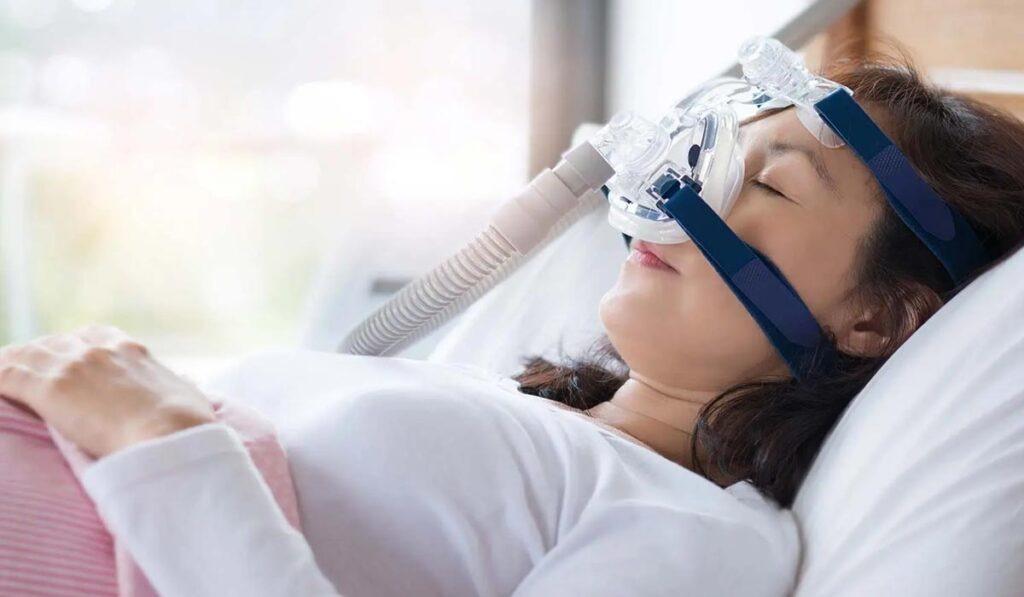Snoring Solutions: Non-Surgical and Surgical Treatments

Understanding the Causes of Snoring
Snoring is a common condition that affects millions of people worldwide. While occasional snoring may not be a major concern, chronic or loud snoring can be disruptive and may indicate a more serious condition like sleep apnea. Snoring occurs when airflow through the nose and throat is partially obstructed, causing the surrounding tissues to vibrate. This results in the familiar snoring sound that can disrupt sleep for both the snorer and their partner.
Several factors contribute to snoring, including nasal congestion, enlarged tonsils, obesity, alcohol consumption, and sleep position. While lifestyle changes may help in some cases, persistent snoring may require professional treatment to improve sleep quality and prevent complications.
The Link Between Snoring and Sleep Apnea
Snoring is often a symptom of obstructive sleep apnea (OSA), a condition where breathing repeatedly stops and starts during sleep. If snoring is accompanied by symptoms like gasping for air, daytime fatigue, or difficulty concentrating, it’s important to consult an ENT specialist to determine whether sleep apnea is the cause.
Sleep apnea can increase the risk of high blood pressure, heart disease, stroke, and diabetes, making early diagnosis and treatment essential. A sleep study can help assess the severity of the condition and determine the best treatment options.
Non-Surgical Snoring Solutions
For individuals who experience mild to moderate snoring, several non-surgical treatments can help reduce or eliminate the problem:
Lifestyle Modifications
Certain lifestyle changes can significantly improve snoring:
-
Weight Management – Excess weight around the neck can compress the airway, leading to snoring. Losing even a small amount of weight can improve airflow.
-
Sleep Position Adjustment – Sleeping on the back can cause the tongue and soft tissues to collapse into the throat. Sleeping on the side may prevent airway obstruction.
-
Limiting Alcohol and Sedatives – Alcohol and certain medications relax throat muscles, increasing the likelihood of snoring. Avoiding them before bedtime can help.
Nasal and Throat Treatments
Addressing nasal congestion and airway obstructions can improve snoring:
-
Nasal Congestion Treatment – Using nasal strips, saline sprays, or allergy treatments can help clear nasal passages.
-
Oral Appliances – Custom-made mouthpieces reposition the jaw and tongue to keep the airway open during sleep.
-
CPAP (Continuous Positive Airway Pressure) Therapy – A CPAP machine delivers constant airflow to keep the airway open, reducing snoring and apnea episodes.
While CPAP is highly effective for sleep apnea, many people find it uncomfortable. If CPAP is not tolerated, alternative treatments may be necessary.
Minimally Invasive and Surgical Snoring Treatments
For severe snoring or cases where non-surgical methods fail, an ENT specialist may recommend surgical or minimally invasive treatments:
Coblation for Snoring
Coblation is a minimally invasive procedure that reduces the size of the soft tissues in the throat using controlled radiofrequency energy. This can improve airflow and significantly reduce snoring without major surgery.
Uvulopalatopharyngoplasty (UPPP)
This surgical procedure removes excess tissue from the soft palate and uvula, reducing airway obstruction and snoring. While effective, it is typically reserved for severe cases.
Tonsillectomy and Adenoidectomy
In children and some adults, enlarged tonsils or adenoids can block the airway and cause snoring. Tonsil removal or an adenoidectomy may be recommended for long-term relief.
Nasal Surgery for Airway Obstruction
If nasal blockages contribute to snoring, surgical correction may be necessary. Procedures like balloon sinuplasty or septoplasty can improve airflow and reduce snoring.
Hypoglossal Nerve Stimulation
For patients with moderate to severe obstructive sleep apnea, an implantable device can stimulate the tongue muscles, preventing airway collapse during sleep.
How to Determine the Best Treatment for Snoring
Choosing the right snoring treatment depends on several factors, including:
-
The severity of snoring and presence of sleep apnea
-
The cause of airway obstruction (nasal congestion, throat tissue, tongue positioning, etc.)
-
Response to non-invasive treatments
-
The impact of snoring on sleep quality and daily life
An ENT evaluation can determine the underlying cause of snoring and recommend the most effective treatment plan.
Pacific View ENT: Snoring and Sleep Apnea Treatment in Camarillo
If snoring affects your sleep or overall health, Dr. Armin Alavi at Pacific View ENT provides expert diagnosis and comprehensive snoring treatment options. Whether you need non-invasive solutions, sleep studies, or advanced surgical treatments, our team is here to help you achieve better sleep and improved quality of life.
To schedule an appointment, please complete the contact form here and our team will get back to you as soon as possible.
Alternatively, call us at (805) 335-1690 during normal business hours, 8 AM – 5 PM, for immediate assistance.
- Art
- Causes
- Crafts
- Dance
- Drinks
- Film
- Fitness
- Food
- Jogos
- Gardening
- Health
- Início
- Literature
- Music
- Networking
- Outro
- Party
- Religion
- Shopping
- Sports
- Theater
- Wellness
- Script
- App
